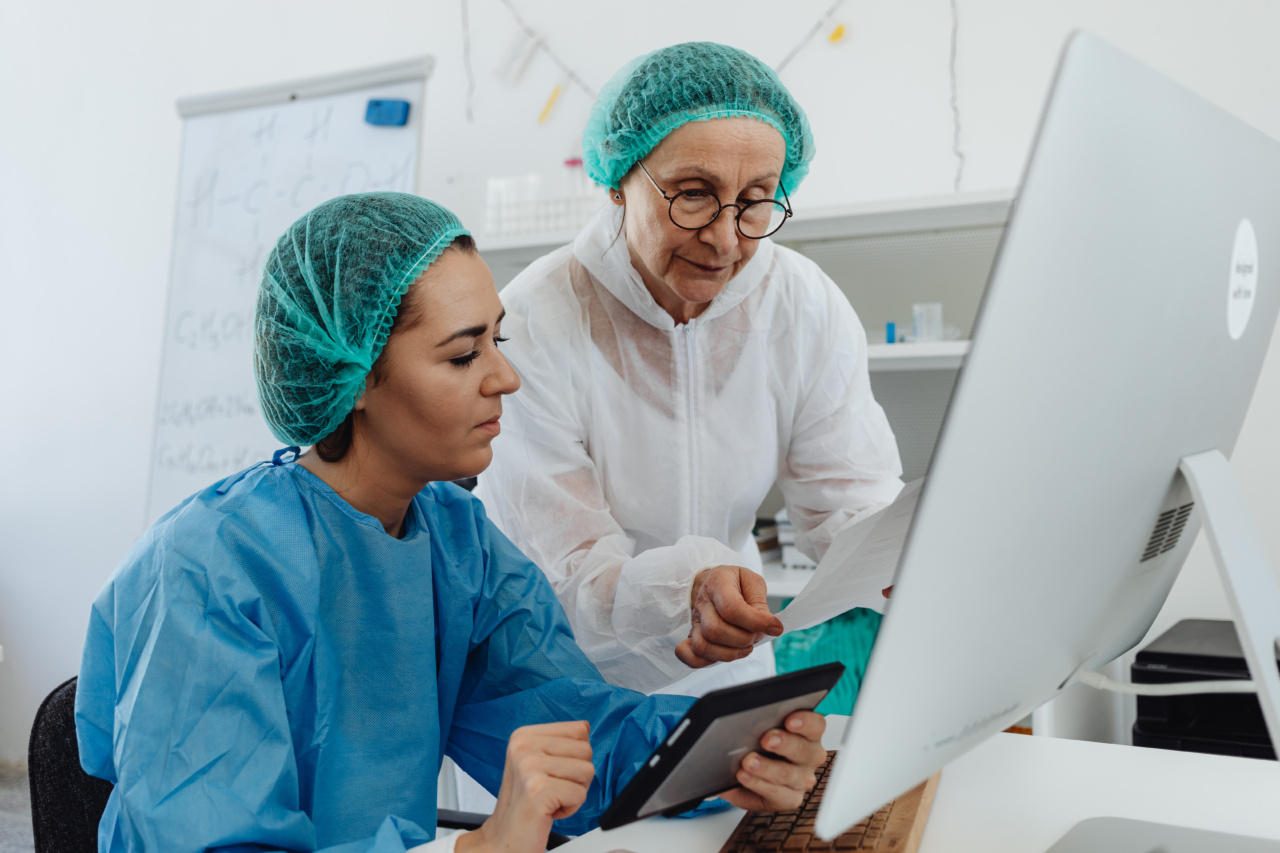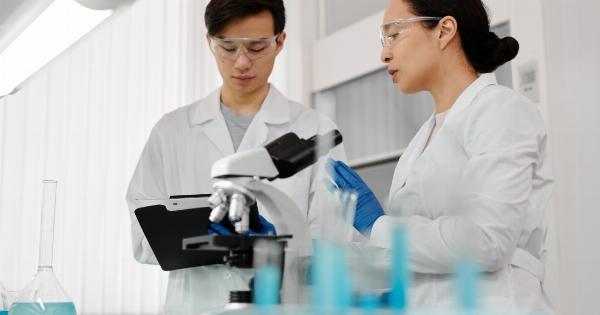In a groundbreaking achievement, a team of researchers in the United Kingdom has successfully created a functioning thymus in the laboratory. This remarkable feat holds immense potential for the treatment of various autoimmune diseases and disorders.
The thymus, a small organ located in the chest just below the neck, plays a vital role in the immune system by regulating the development and function of T cells. By replicating this organ, scientists hope to revolutionize the field of immunology and improve the lives of millions.
The Importance of the Thymus
The thymus is responsible for the production of T cells, which are crucial components of the immune system. T cells play an essential role in recognizing and destroying pathogens, infected cells, and cancerous cells.
These cells undergo a maturation process within the thymus, allowing them to differentiate between self and non-self molecules. This ability is crucial for maintaining a properly functioning immune system, as it prevents the body from attacking its own healthy tissues.
However, the thymus gradually involutes or shrinks with age, becoming less efficient in producing T cells. This natural aging process results in a weakened immune system, making older individuals more susceptible to infections and diseases.
Additionally, certain medical treatments such as chemotherapy and radiation therapy can damage the thymus, further compromising immune function.
The Groundbreaking Research
Researchers at a leading university in the UK have managed to overcome these challenges by successfully growing a functional thymus in the laboratory.
This incredible achievement has been hailed as a major breakthrough in the field of regenerative medicine.
The team of scientists utilized stem cells, which possess the remarkable ability to develop into different cell types, to create the artificial thymus.
By carefully manipulating the growth conditions and exposing the stem cells to specific signaling molecules, they were able to coax the cells into differentiating into thymic epithelial cells, the key cell type within the thymus.
Once the thymic epithelial cells had matured, the researchers combined them with other supporting cell types found in the natural thymus environment. This mixture was then implanted into mice that lacked a functional thymus.
Astonishingly, the artificial thymus began to function, producing a diverse population of functional T cells within the mice.
Potential Applications in Autoimmune Diseases
The creation of a functioning thymus in the lab opens up new avenues for the treatment of autoimmune diseases.
These conditions occur when the immune system mistakenly attacks and damages healthy tissues, leading to chronic inflammation and various symptoms.
Traditionally, treatments for autoimmune diseases have focused on suppressing the immune system, often with potent immunosuppressive drugs.
While effective to some extent, these medications come with significant side effects and may not offer long-term solutions.
By using the artificial thymus, it may be possible to re-educate the immune system and correct the underlying immune dysfunction seen in autoimmune diseases.
The thymus acts as a school for T cells, teaching them to differentiate between self and non-self molecules. By exposing the dysfunctional immune cells to the artificial thymus environment, the hope is that their behavior can be modified, leading to a reduction in the autoimmune response.
Future Implications and Challenges
The successful creation of a functioning thymus in the laboratory by UK researchers holds immense promise for both the field of immunology and medical science as a whole.
The ability to regenerate and replace damaged or aging thymus tissue could have far-reaching implications, not only in the treatment of autoimmune diseases but also in cancer immunotherapy and organ transplantation.
However, there are several challenges that need to be addressed before this groundbreaking technique can be applied in a clinical setting. One significant hurdle is scaling up the production of the artificial thymus to meet the potential demand.
Additionally, extensive studies are required to ensure the safety and efficacy of this novel therapy.
Despite these challenges, the creation of a lab-grown thymus represents a major step forward in regenerative medicine.
It brings hope to millions of individuals suffering from autoimmune diseases, offering the possibility of a more targeted and long-lasting treatment approach. As further research and development progress, we can expect to witness even more remarkable breakthroughs in the field of immunology.































